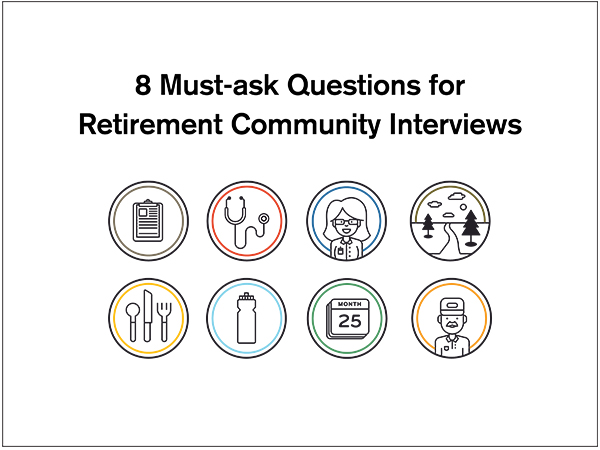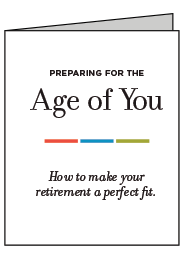A Quiet Knock on the Back Door
Summer in Illinois had a common rhythm when I was a child. No school, cooking with my mom, riding bikes, going swimming until August 1st when the risk of polio caused pool closure. As we grew older, all of us worked in the corn fields detasseling DeKalb hybrid seed corn. The flying ear of corn with “DeKalb” printed on it adorned fence posts everywhere. About once a week, there was always a quiet knock at our back door. Never the front door. Standing there would be a man, always just one man. He was usually holding his hat, standing quietly on our small back stoop. When my mom answered, he would ask for something to eat. He never introduced himself. Mom would just nod, ask him to wait and get leftovers or build a sandwich, salad and simple dessert. She included a glass of water with the food, arranged on a family plate. She left the kitchen screen door closed but the hard door stood open. I could say “hi,” but she didn’t allow me to chat, stating “visitors can sit on the back stoop and eat their lunch in peace.” Visits were never at breakfast or dinner. When I asked why they came to our house, she stated simply that they needed something to eat.
I grew up in DeKalb, a small farming community half-way between Chicago and the Mississippi River on the main rail line out of Chicago with passenger and freight trains traveling night and day. We lived within a few blocks of the rail line, providing access to freight train travelers who could easily jump off and on as the train slowed through the heart of the community. As children, we called rail-riders “hobos” with no knowledge of their personal circumstances. For my mom, it was just what you did. It never occurred to me to wonder how rail riders knew that my mom would provide a meal.
I told a friend about our train-riding visitors, and she shared “Underground Railway Symbols,” a communication system that rail riders used to learn about the towns along their route: safe, dangerous, available meals? How did I fail to see these symbols: on a neighbor’s garage, near our back door, among those flying ears of corn? Where were the train riders going? How did the depression and war affect them? I never considered these questions as a child.
I also never thought about my mom as being generous. She framed the issue as “people need food.” My parents and the train visitors had survived the depression and war years. You shared what you had. My dad shared in a different way. He served as a secretary to a military officer in World War I because he could type. He translated for German war prisoners in our local cannery as a native German speaker. You did what was needed, at the time, without fanfare.



